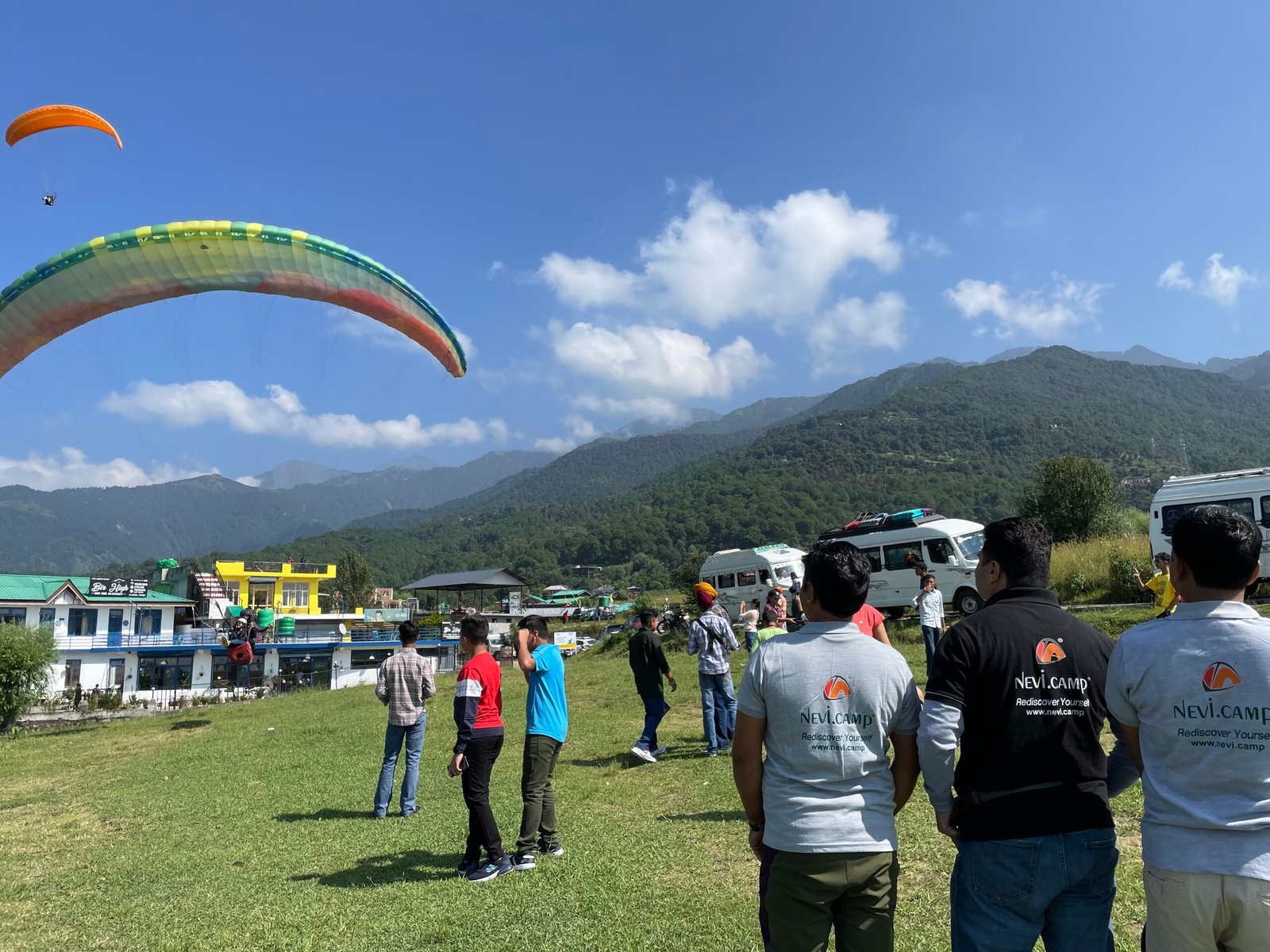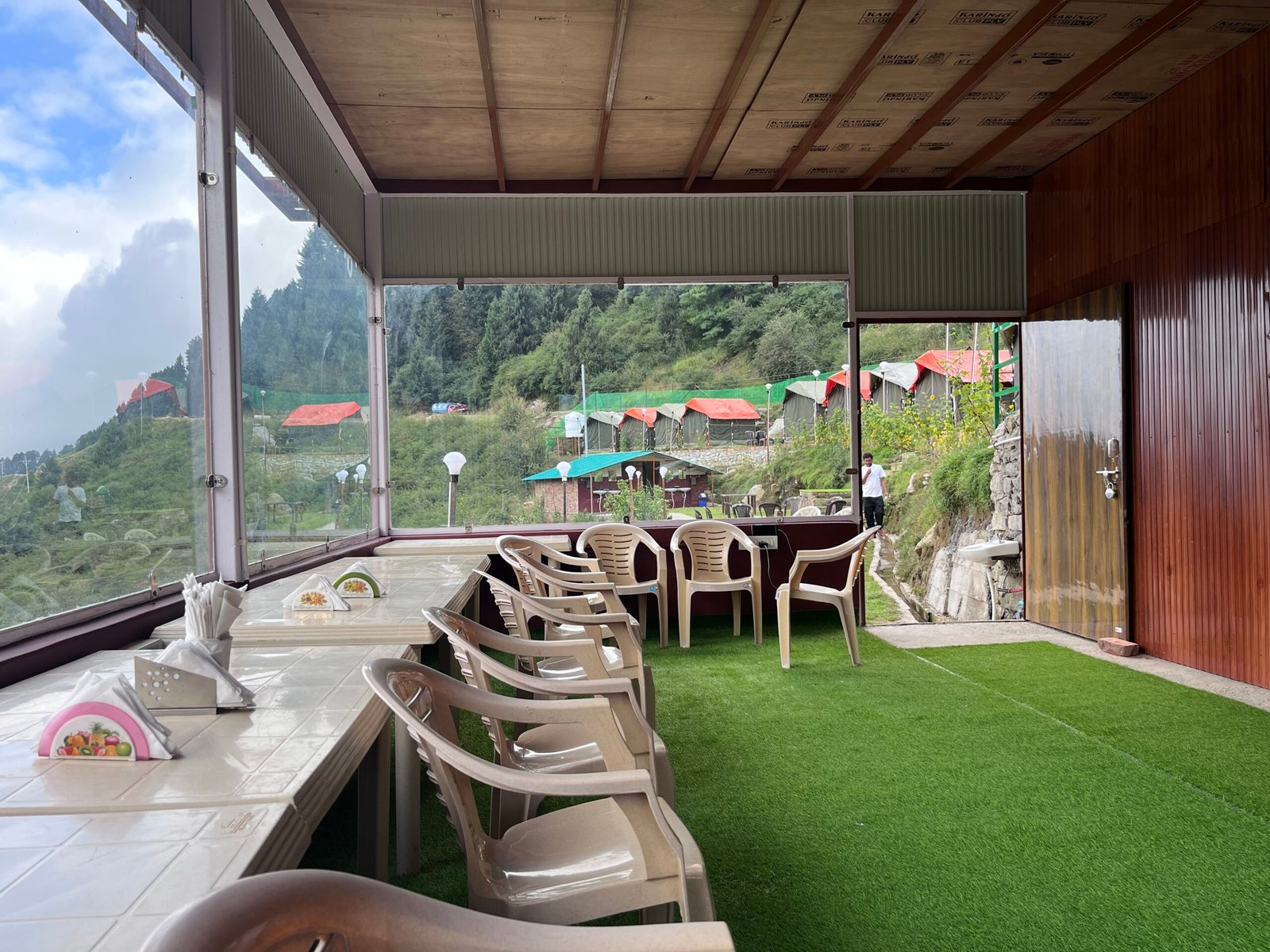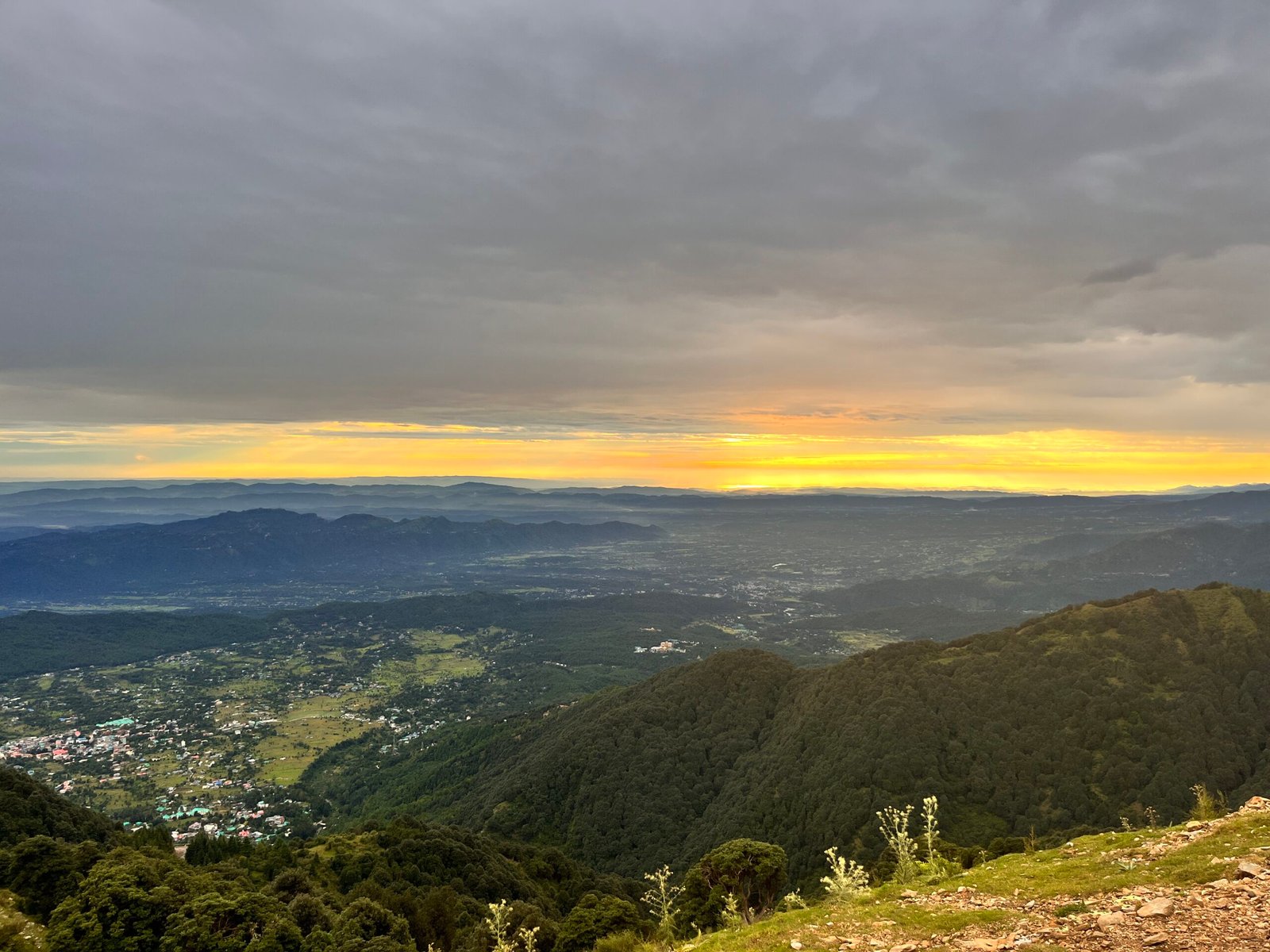FAQ
Home / FAQ



Frequently Asked Question
Here are the Top 10 Frequently Asked Questions (FAQ) for your adventure, trekking, and paragliding camp page at Rajgundha Valley:
Rajgundha Valley is accessible only by trekking. The most common route is from Baragran, which can be reached by taxi. From Baragran, it’s about an hour’s trek to Rajgundha. Alternatively, you can trek from Billing, which is a 14 km scenic route.
The best times to visit Rajgundha Valley are from March to May and September to October for pleasant weather and scenic beauty. Winter visits (December to February) offer snow experiences, but it gets extremely cold.
Essential items include comfortable trekking shoes, warm clothes, a rain jacket, a backpack, sunscreen, sunglasses, a first-aid kit, and sufficient water. For winter treks, ensure to bring extra woolen layers as temperatures can drop below freezing.
No, the trek to Rajgundha is considered easy to moderate. It’s suitable for beginners as well as experienced trekkers. A guide is not required for the trek, but it’s recommended for first-timers.
While paragliding itself takes place at Billing, which is near Rajgundha, you can trek to Billing and enjoy paragliding from Asia’s 2nd highest paragliding site. It’s an exhilarating experience with beautiful views of the mountains.
Yes, accommodation in Rajgundha includes alpine tents and guest houses with basic amenities. Meals are provided in a common dining area, and modern, hygienic Western toilets are available at the campsite.
Mobile network coverage is limited in Rajgundha Valley, with patchy signals in some areas. It is advisable to inform family and friends of your whereabouts in advance.
We provide basic vegetarian meals, prepared with local ingredients. Breakfast, lunch, and dinner are served in a common dining tent. Special dietary requirements can be accommodated with prior notice.
You can explore nearby attractions like the Uhl River, Palachak Valley, Hanuman Garh, and Menthoo Lake. Star-gazing, forest walks, and visiting nearby villages like Barot and Bir are popular activities.
Basic trekking gear like sturdy shoes, warm clothes, and water bottles should be brought by the participants. However, camping equipment like tents, sleeping bags, and dining supplies are provided at the campsite.
